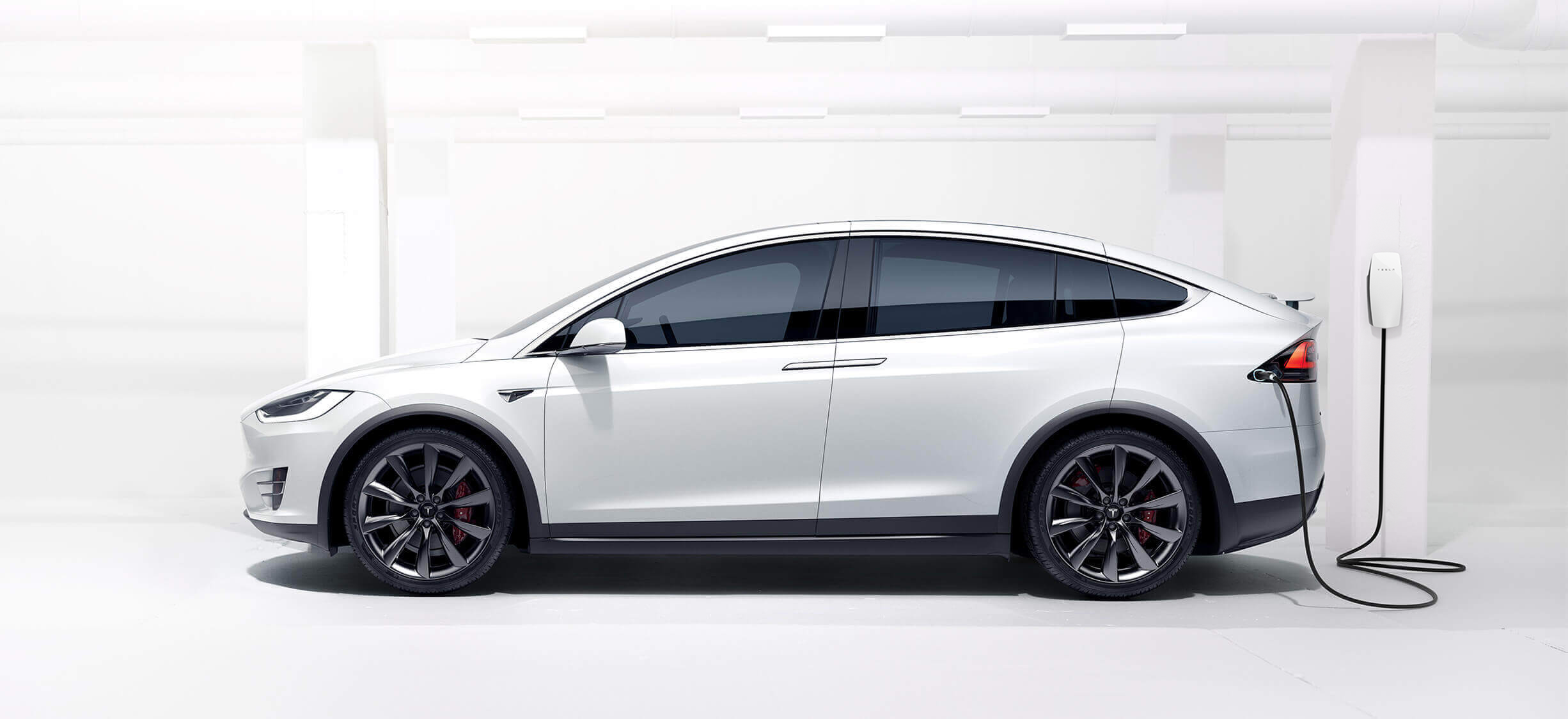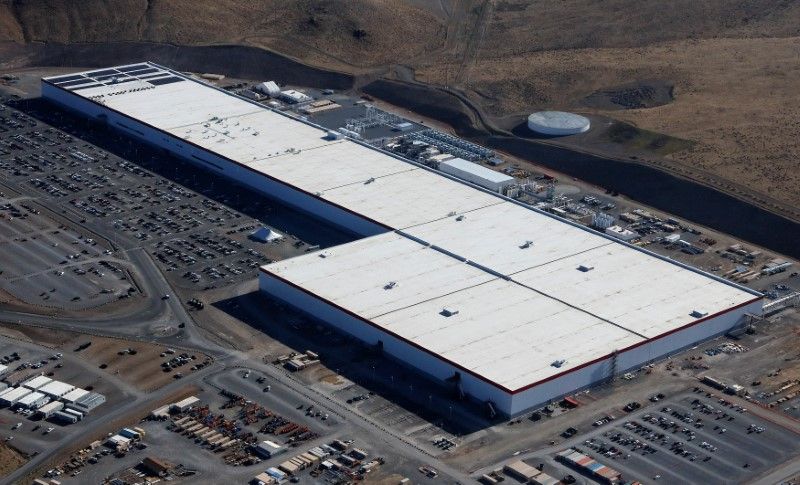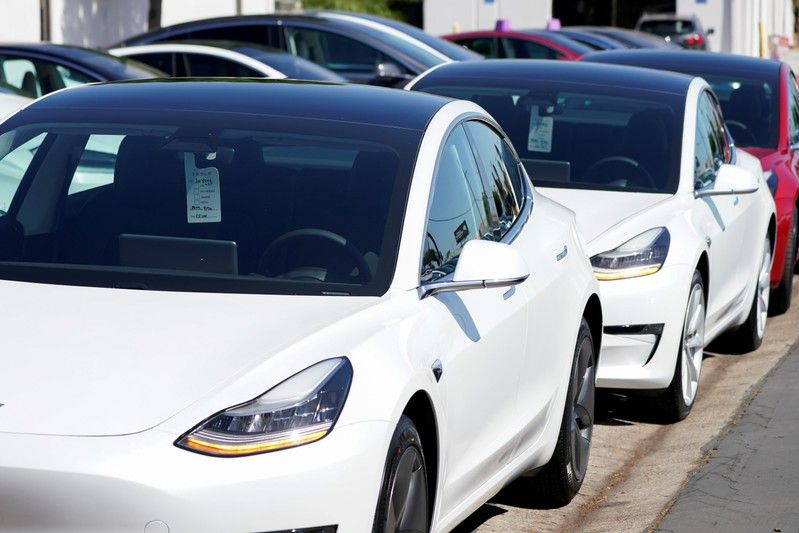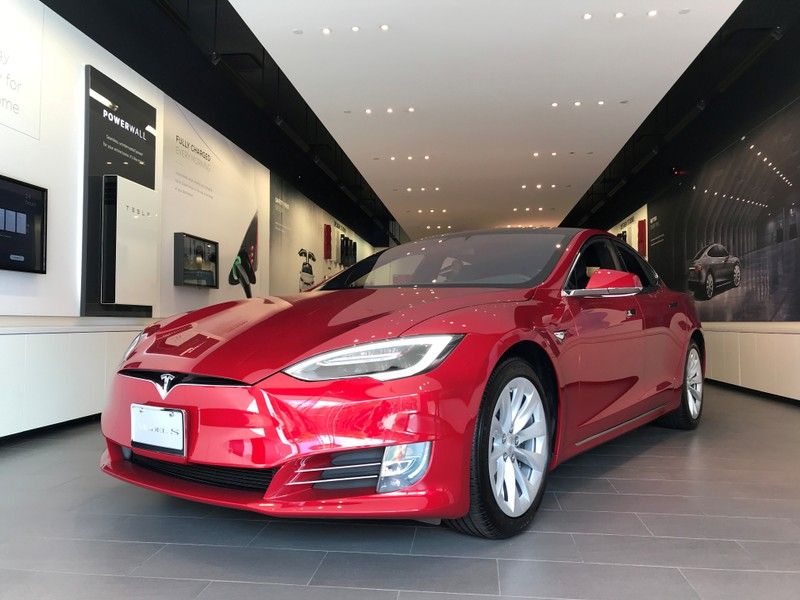
Tesla Inc <TSLA> has cut prices of its electric vehicles by as much as 6% in North America following a decline in auto demand in the region during weeks of lockdown that have now started to ease.
Tesla also said its Supercharger quick-charging service will no longer be free to new customers of its Model S sedans and Model X sport utility vehicles (SUV’s).
Auto retail sales in the United States likely halved in April from a year earlier, showed data from J.D. Power. However, sales in May are likely to improve due to pent-up demand and incentives offered by most carmakers, the analytics firm said.
Automakers including General Motors Co <GM>, Ford Motor Co <F> and Fiat Chrysler Automobiles NV <FCAU>, are offering 0% financing rates and deferred payment options for new purchases.
Factories in the United States started to reopen earlier this month with suppliers gearing up to support an auto industry employing nearly 1 million people.
Tesla was briefly forced to stop work at its Fremont, California, factory due to stay-at-home orders. It resumed production after resolving a dispute over safety measures with local authorities.
On Wednesday, Tesla website’s showed the starting price for its Model S sedan is now $74,990, down from $79,990.
Its Model X SUVs are now priced at $79,990, from $84,990, and the lowest-priced Model 3 sedan is $2,000 cheaper at $37,990.
Tesla said it will also cut prices in China – as per usual after price adjustments in the United States – by around 4% for the Model X and Model S.
Tesla China, which is delivering Model 3 sedans from its Shanghai factory, in a Weibo post said it has also cut prices for the Model S and Model X cars it imports, but will keep prices of locally made Model 3 cars unchanged.
(Reporting by Yilei Sun and Brenda Goh; Editing by Tom Hogue and Christopher Cushing)





